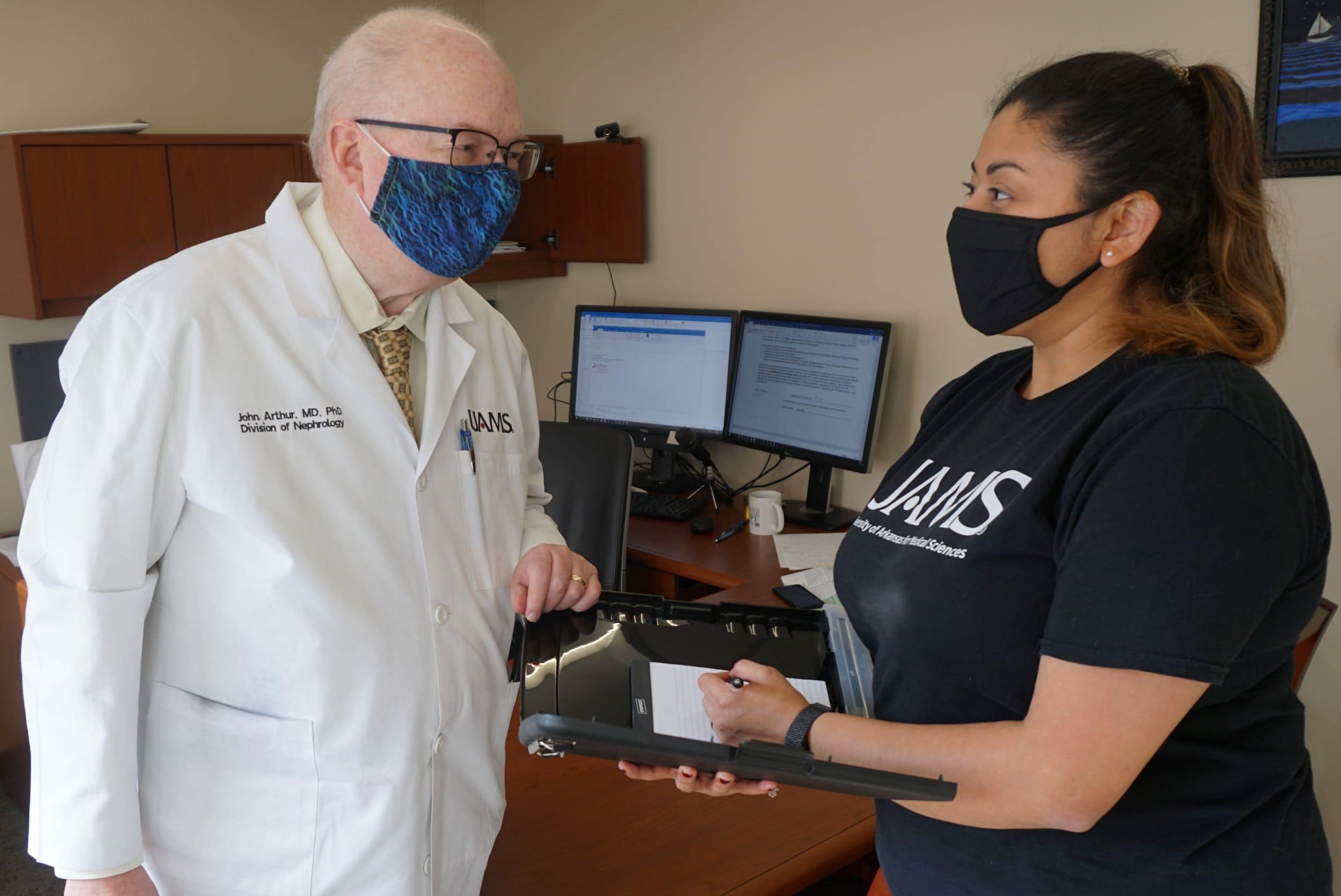
Are You the Cause of Your Team’s Change Fatigue?
Many people in the workplace today are reporting substantial change fatigue thanks to constantly shifting workplace flex policies, the arrival of technologies like AI, capricious layoffs, working across multiple generations with different values, and generally, a cognitive load consumed with angst about what all this change will mean for them. All this intensified fatigue won’t bode well for legitimate organizational efforts to improve cultures, build new capabilities and products, and strengthen market performance. But it doesn’t have to be that way. If you’re responsible for leading a team through substantial transformation and are seeing signs of fatigue, you can ensure you aren’t the one causing it.
That organizational change can overwhelm employees to the point of being harmful is hardly a new concept. We’ve known for years that poorly managed, unintegrated change can not only lead to reduced performance, but risks the well-being of employees as well. For example, one study of 632 public sector employees found that “concerns about change, measured during the anticipation stage of an organizational change process, relate to higher burnout and lower work engagement.”















